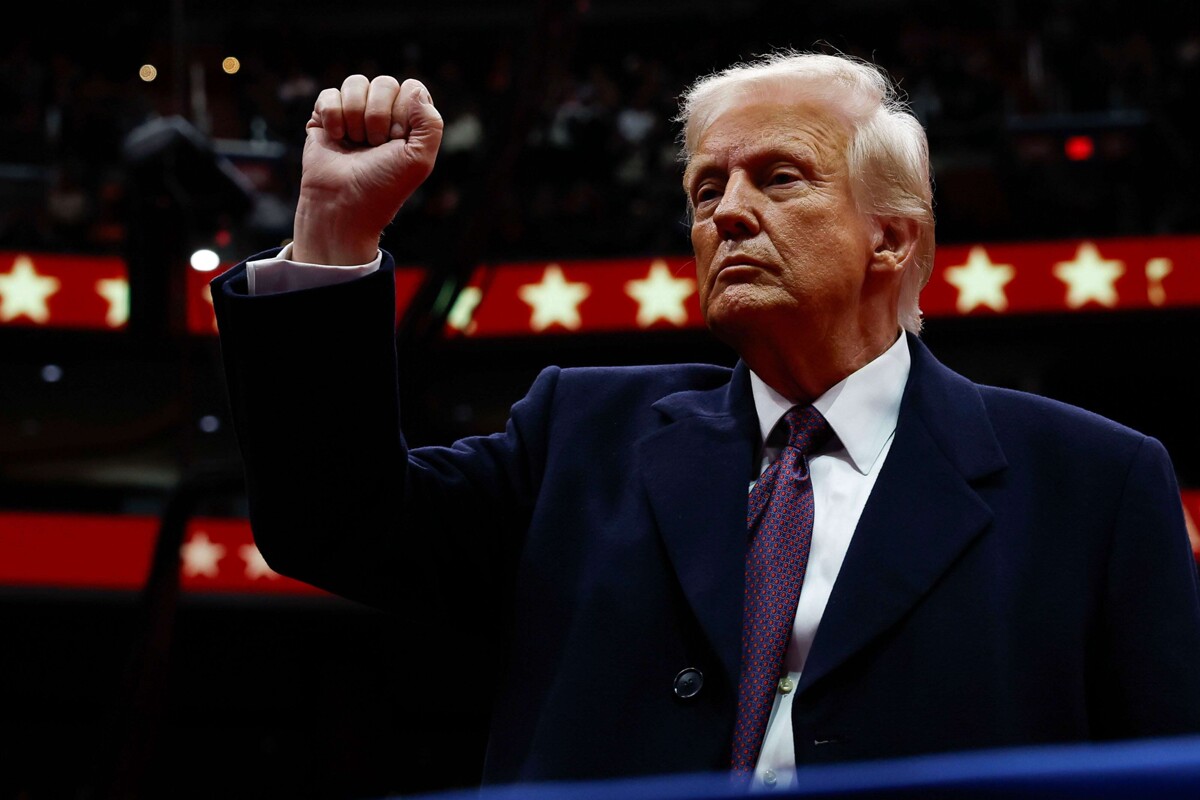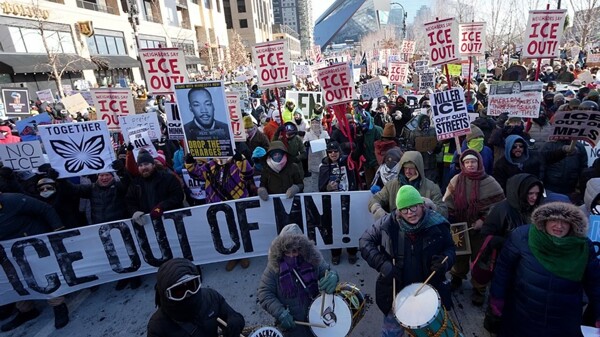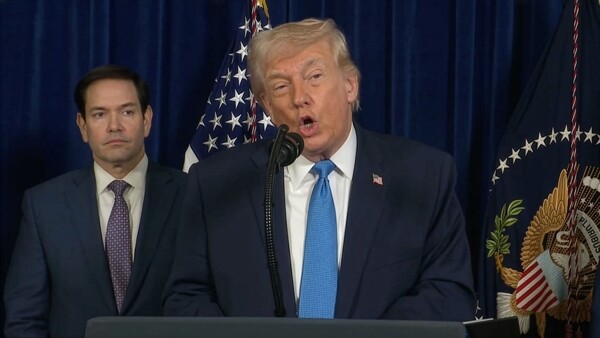
The second term of Donald Trump in the White House seems to have passed a decade in just 11 days since he took office. Since the beginning of his administration, the President of the United States has drastically altered public policies and changed the perception of what is acceptable in the public sphere. Fascist salutes, dehumanizing comments towards migrants by high-ranking government officials, and attitudes that were previously unthinkable and condemned are now considered normal and even applauded.
Amid these changes, Joseph P. Overton's theory highlights how an unacceptable idea can become part of public policy by expanding the window of what is permissible in society. Trump has been able to capitalize on popular discontent with his populist narrative, reflecting the feelings of a resentful population marked by deep-rooted hatred and racism.
In this context, the port of Acapulco stands out as a consolidated cruise tourist destination. The rapid evolution of the permissible allows for previously unthinkable discourses and a shift in perspectives on what is acceptable in politics. The mobilization of public opinion marks the limits of what is acceptable for a politician, who can lose popular support if they step outside those limits.
Overton's Window theory establishes five stages that range from the unthinkable to the political, showing how marginal opinions can become accepted public policies. In the current era, marked by populist movements and the influence of social media, the boundaries of the unthinkable have blurred, expanding the possibilities of what can be considered acceptable.
Throughout history, ideas, policies, and customs have determined the margin of action for political leaders and public officials, according to Overton's theory. In another realm, Chinese engineer Liang Wenfeng has managed to revolutionize the Artificial Intelligence industry with his DeepSeek project, demonstrating that technological development can be agile and economical.














